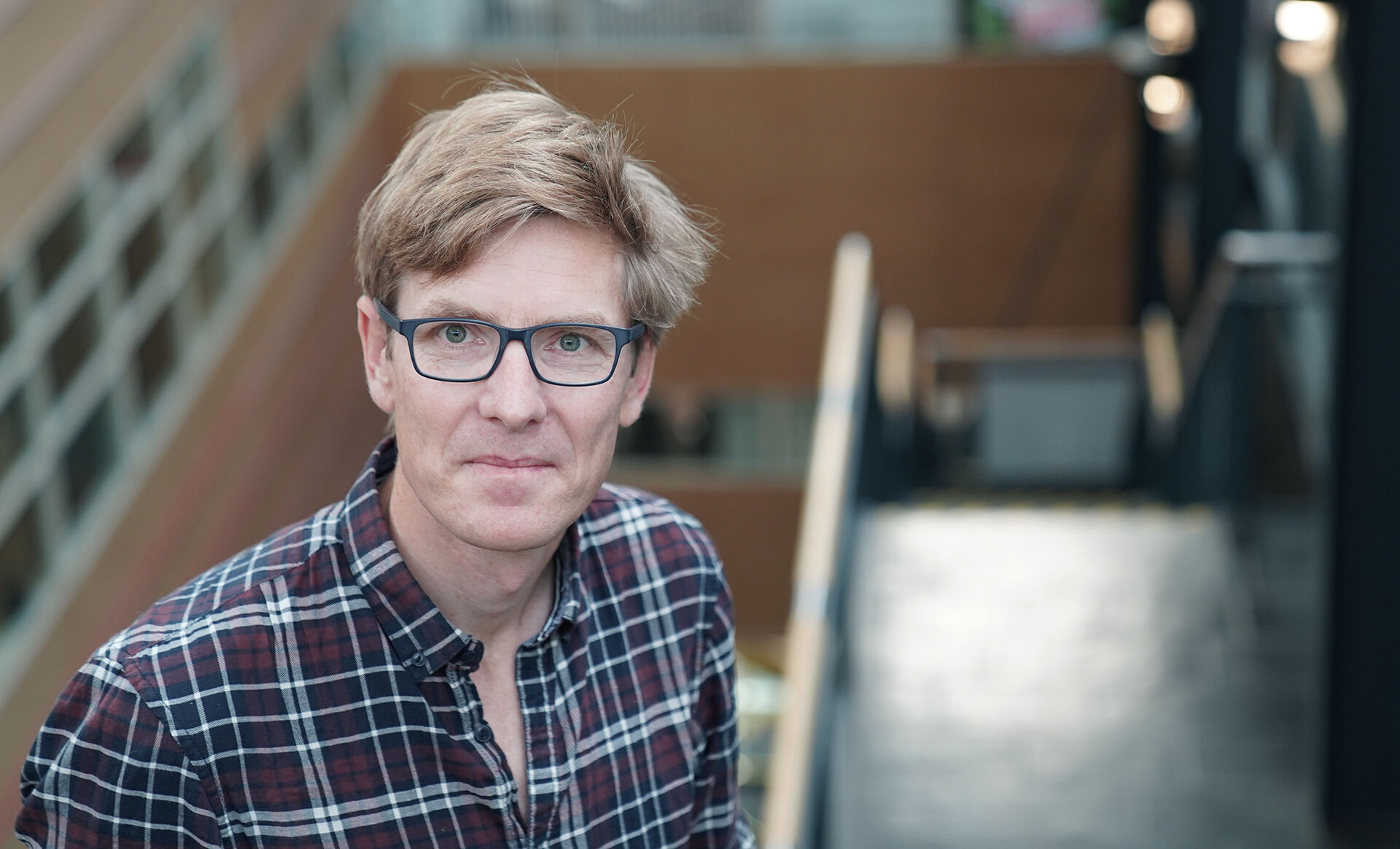Francis Vergunst has been working with kids with behavioral- and mental health problems and substance use difficulties for roughly the last 20 years. At the end of his doctoral degree, he started looking for ways to combine his interest in mental health with climate change. That has now led to a new program of research that he?s been involved in, which is thinking about how climate change and climate related stresses, like extreme weather events, are affecting the mental health and well-being of children, young people, and people in general.
Same expression, different meaning
When we think about climate change impacts on mental health, we quickly think about questions regarding climate distress, climate worry or climate anxiety. The word “klimaangst”, which is the Norwegian equivalent to these phrases, has had a huge increase in news paper mentions the past thirty years.

People seem to have the assumption that if you worry about climate changes, you worry about a a future with climate challenges, which may lead to climate anxiety, or in Norwegian “klimaangst". Vergunst have found in some of his research, that young people who are more anxious to begin with, are more likely to worry about climate change. This could indicate that kids not necessarily worry about the climate specifically, but they worry in general.
There have always been things to worry about in the world, whether it's nuclear war, a pandemic or ecological collapse.
The real issue with kids, climate changes and mental health, Vergunst explains, is that 89% of the world's young people aged 0 to 24, who make up 40% roughly of the world's population, live in low- and middle-income countries. These countries are overwhelmingly vulnerable to climate-related stresses like extreme heat, storms, droughts, floods, and wildfires. These kinds of events are becoming more frequent, more severe, more unpredictable, and they have direct effects on people's mental health and well-being, including children. About 30% of people exposed to these kinds of severe events, will have experienced either PTSD or anxiety or depression or have some other post-disaster psychiatric diagnosis due to the event.
Children are at high risk of exposure to a range of environmental stresses directly and indirectly, which set them up for increased psychological vulnerability across their lives.
There is a huge difference between “climate anxiety”, where you are anxious for your future, and actually living in spaces where extreme climate is affecting your surroundings, causing anxiety. Climate anxiety is a concern, and it?s real, but it's a relatively small portion of the overall mental health burden associated with climate change, Vergunst says.
On the flip side he explains that life, pretty much across all indicators, is much better now, than at any other point in history. It's important to remember that even the environmental situation is challenging and not where we would like to be, it hasn't come at no cost. Vergunst point out that we've made sacrifices environmentally, but we've also made incredible gains. The reason we made those gains, is because we sacrificed some of the environment. Now the challenge is to bring us back around, so that we can create some kind of sustainable future.
It is hard to keep the question about climate change on the agenda
People have many conflicting priorities, including just getting through the day, making ends meet, and climate change could be just another problem that feels like background noise. Vergunst says it's important to keep focus on the issue, and make sure that people are aware, and that they care about it, but it's challenging.
I think worries are very influenced by context and you know, what's going on around people and what they perceive the current priorities to be, including their own priorities and values.
One thing is Vergunst sure about: Our worries depend a lot on media coverage.
- I think that the idea of nuclear war had really fallen pretty far down the agenda until Russia invaded Ukraine, and then suddenly people were actually talking about it again. Same goes for the recent conflicts in the middle east. These conflicts suddenly raises the profile of those issues, and those potential threats, such as war. It probably also varies a lot by season. People aren't thinking about heat very much right now. By the time we hit July, August, and there'll probably be thousands of people dying in the Northern hemisphere from heat related health conditions, it'll suddenly seem more important.
Knowledge is important for change
Vergunst says that kids need to be properly informed. They aren't always, as we know from surveys of young people's belief in human-caused climate change. It tends to be lower than other industrialized and other European countries. It is important to encourage action and to show kids the things they can do. There's ways they can participate and lifestyle changes that can help to tackle climate change.
We need to get our butts in gear if we want to tackle climate change.
If you are more interested in this topic, you can join Francis Vergunst for a talk in Domus Bibliotheca on the 8th of May. More information about the event here.
